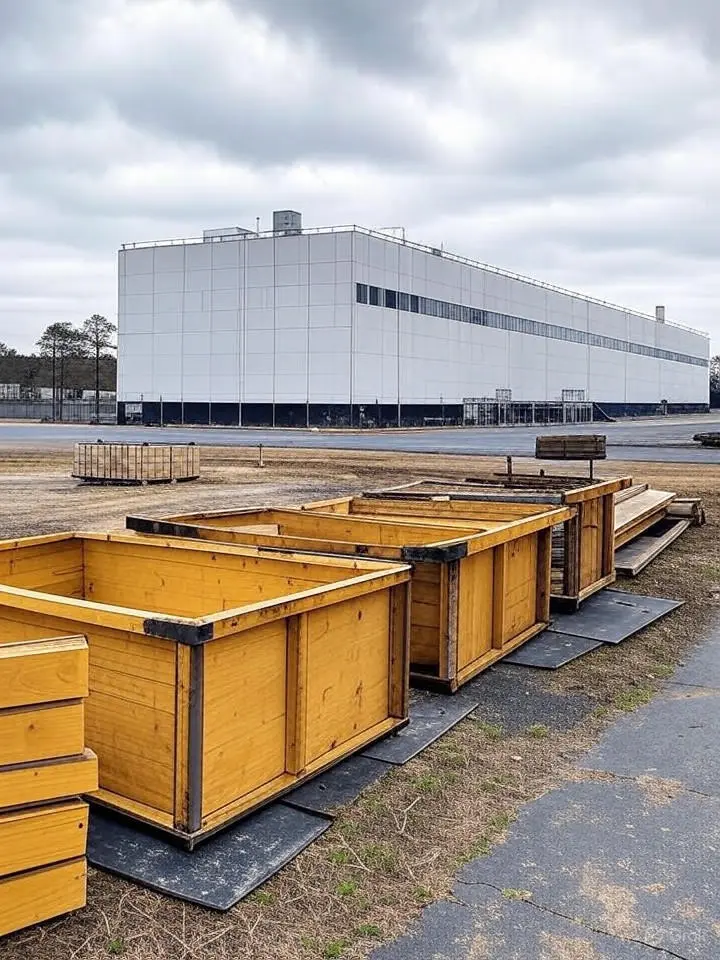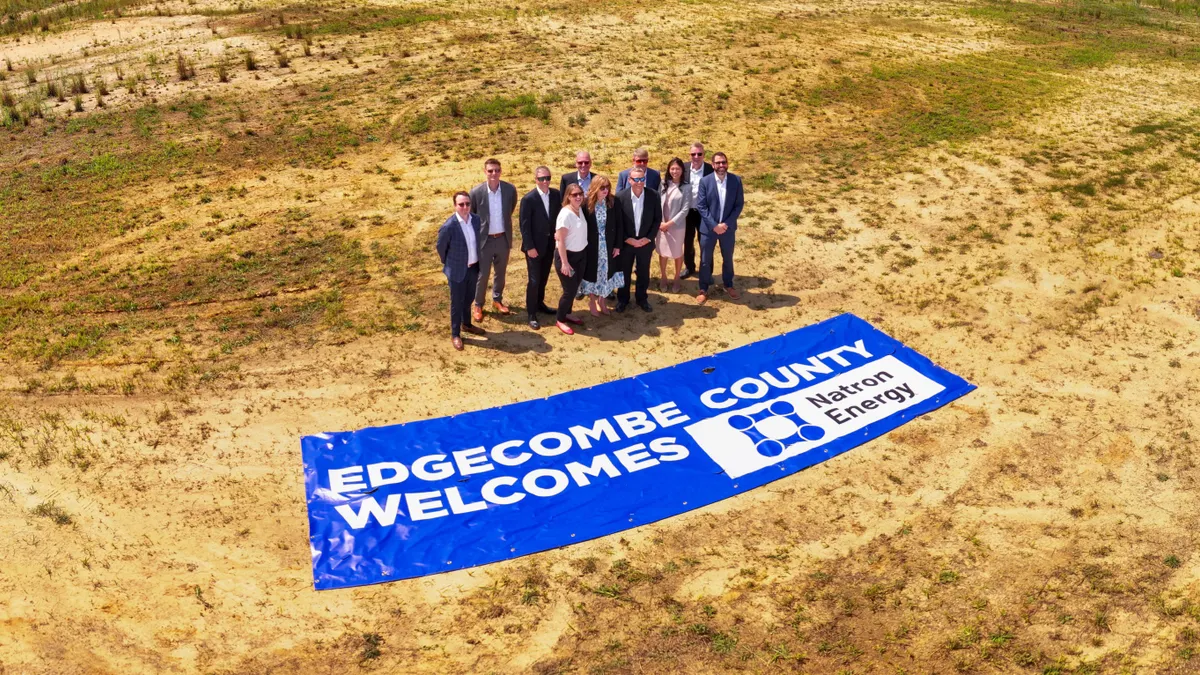
Sodium-ion battery manufacturer Natron Energy has officially shut down, abruptly halting plans for a $1.4 billion gigafactory in North Carolina and shuttering its facilities in Michigan and California.
The company confirmed on its website that it has ceased operations. Reports from the Raleigh News & Observer noted unresolved funding issues, with restructuring firm Sherwood Partners now expected to sell off the company’s assets. Natron has not yet provided direct comment on the closure.

The shutdown marks a major reversal for the Santa Clara, California-based company, which only a year ago announced it would build a 1.2 million-square-foot facility at Kingsboro Business Park in Rocky Mount, North Carolina. That project was slated to produce 14 gigawatts of sodium-ion batteries—a 40-fold increase in production capacity—and create more than 1,000 new jobs in the region.
Beyond its North Carolina ambitions, Natron also operated two U.S. battery facilities. In an Aug. 28 letter to Michigan officials, the company disclosed that it would permanently close its Holland, Michigan, and Santa Clara, California sites effective Sept. 3, impacting 95 employees.
The letter explained that Natron had attempted to secure new capital and purchase orders to sustain operations but failed. “Accordingly, Natron is providing this notice…as soon as practicable,” wrote Elizabeth Shober, Natron’s head of team and talent.
Natron noted that following the 60-day notice requirement under the WARN Act would have disrupted ongoing operations and further jeopardized potential funding deals.
Founded in 2012, Natron Energy gained attention for developing sodium-ion batteries as an alternative to lithium-ion technology. Unlike conventional lithium-based systems, sodium-ion batteries do not rely on costly materials such as lithium, cobalt, or nickel. Instead, Natron’s technology used a Prussian blue electrode structure, which the company said offered longer cycle life and stable performance.
The technology was pitched as particularly attractive for data centers, EV charging stations, telecommunications, and industrial backup power, where consistent energy delivery is essential.

Natron’s closure underscores the challenges U.S. and European firms face in competing with established Asian battery manufacturers. Rising interest rates, capital costs, and supply chain issues have made financing large-scale gigafactories increasingly difficult.
Other high-profile collapses highlight the sector’s volatility:
Natron’s shutdown is a significant setback not only for local economies like Rocky Mount, NC, but also for broader U.S. efforts to diversify supply chains and reduce dependence on Asian battery manufacturing.
Industry observers note that while Natron’s sodium-ion technology showed promise, scaling up production at the level envisioned in North Carolina required immense capital. Without sufficient investor backing, even advanced technologies can falter in today’s volatile clean energy market.
The future of Natron’s intellectual property, equipment, and planned projects will now hinge on how Sherwood Partners proceeds with the sale of assets.
Originally reported by Nathan Owens in Construction Dive.